Coronavirus: The man who convinced Sweden not to go into lockdown
As the world closed its doors tight, an unrepentant Anders Tegnell, convinced his country to do much less.
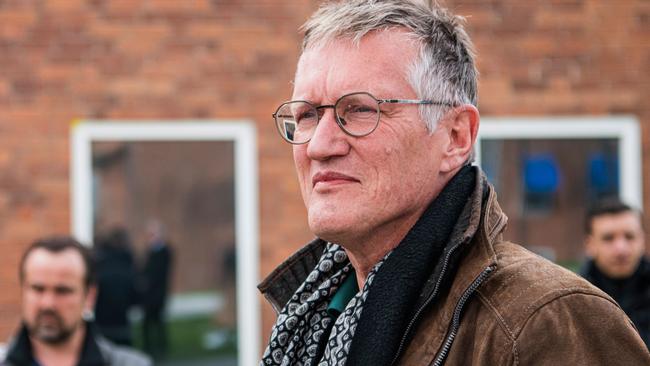
As the world went into lockdown, one man, Anders Tegnell, convinced Sweden to try a different approach to tackling coronavirus. The country’s state epidemiologist persuaded Swedes to keep cities, schools, hairdressers and restaurants going and allow gatherings of up to 50. He insisted that borders should be kept open, even the famous bridge between Malmo and Copenhagen, although the Danes refused, and the Volvo factory closed only when it couldn’t source new parts from abroad.
Yet Swedes can still sit in a cafe and sip a latte and eat a cinnamon roll, and they are encouraged to take as much exercise as possible outside.
Plan lambasted
Tegnell has been lambasted by some international scientific modellers, who warned that up to 100,000 Swedes could die by the summer, but the mild-mannered civil servant is unrepentant. Opinion polls show that the Swedes support his approach, the number of daily deaths is stable at about 75 and on a declining path, and the number of patients in intensive care has flatlined.
“I think in many ways the strategy in Sweden is quite similar to other countries,” Tegnell tells us, not sounding remotely nervous about his decision, although rather surprised that he has become an international celebrity.
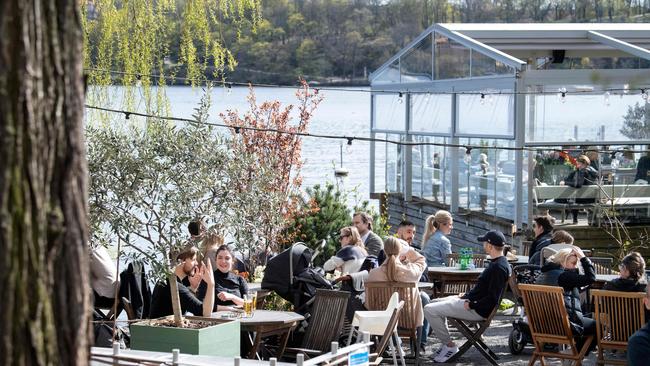
“We are all trying to keep the spread of this disease as low as possible, mainly to prevent our healthcare system from being overstretched, but we have not gone for the complete lockdown. We have managed to keep the number of cases low enough so the intensive care units have kept working and there has always been 20 per cent beds empty and enough protective equipment, even in Stockholm, where there has been a huge stress on healthcare. So in that way the strategy has worked.”
Why didn’t he go for full lockdown when almost every other country has? It appears foolhardy. “Because we really believed that the methods we used would reach almost the same effect in Sweden. We don’t have huge gatherings or sport and music events. We have quite strict rules even for those organising gatherings for fewer than 50 people. They should be outside if possible and there should be handwashing and disinfectant; people coming are absolutely not allowed in if they have any symptoms. Elderly people above 70 should not be allowed either.”
‘That is for history to judge’
Schools are still open. “But there are restrictions. The elderly are advised not to drop off grandchildren. Nor is anyone feeling ill. We’re trying to keep risk of contagion as low as possible. We are taking it incredibly seriously too, it’s just that we are using slightly different measures to deal with it.”
Tegnell won’t criticise other nations. “That is for history to judge,” he says, sounding more serious than smug. Yet Sweden has a higher death rate than its neighbour, Norway. “The high mortality rate in Sweden we can see is very closely linked to our elderly homes in Sweden. That has happened far less in Norway and Finland. We have looked at the death rates very closely and we are trying to work out why because there was already a ban on visiting care homes. But in the homes in Sweden they are really old and really sick and need constant care. They need people coming there and the lockdown can’t stop that.”
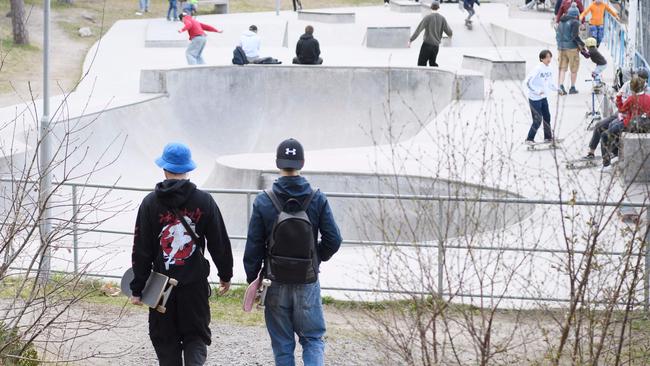
There is no policy to ration healthcare for the most frail and elderly, Tegnell insists, making it clear that this would be immoral. “If the doctor’s opinion is that this person can benefit from hospital care, of course they will go to hospital. If there is a decision that this is an elderly person with multiple diseases, they can end their life in a care home, but that is how it has always been.”
According to his team’s calculations, the rate of mortality in the rest of the population has been no higher than in neighbouring countries. “It’s difficult because countries can’t give accurate figures on the death rates they have with the elderly in care homes and the rest of the population. Sweden is one of the few that is being rigorous.”
However, fewer may die in Sweden from other diseases because the hospitals have remained open to all. “Fewer are coming for cancer and cardiac diseases, but we try to encourage them. We have a death rate increase in Sweden very closely connected to COVID-19, so I think we have persuaded most to take their other illnesses just as seriously.”
There was a letter from 22 scientists in the Swedish press criticising the Tegnell team’s methods last week, but he remains unshaken. “We have a lot of scientists behind us voicing support for our strategy in a more coherent manner than these 22 people. We all agree the death toll is high, but we are working very hard to understand why, and our initial analysis shows it’s not the partial lockdown, but the care homes where we have the problems and the solutions.”
The Swedish economy has been far less badly hit than those of other European countries and is expected to contract by 4 per cent this year. “I’m not an economist, but the UK is far more affected, with more out of work,” Tegnell says, although he insists that he would never want to sacrifice lives to protect GDP. “None of our decisions are taken on economic grounds, but on having the most effective way long term of diminishing the number of people dying and overwhelming our healthcare. We are now spending enormous resources protecting our elderly homes.”
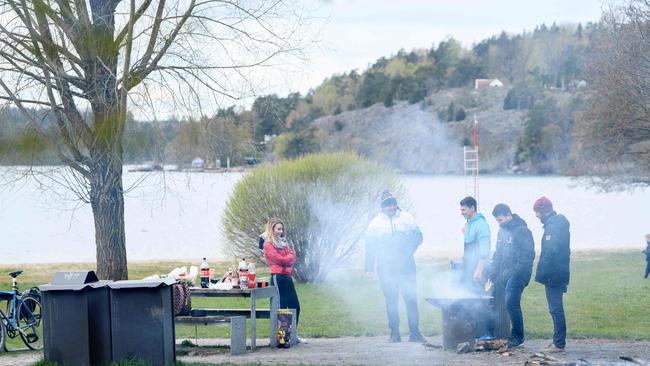
He talks about taking a “trust-based” approach. Does he think other countries are infantilising their citizens? “I think it is a question of traditions. In Sweden we have a history of crisis management; you are taught as much as possible to use the tools you use in normal times to keep going. That is why we aren’t trying to change too dramatically. It gives a lot of responsibility to individuals.
‘A light touch’
“The Swedes have fewer regulations than most countries and their laws are a lot less prescriptive. The state directs their citizens with a light touch.”
The strategy is to “nudge” people into taking precautions. “We keep on adding small adjustments to our recommendations all the time because we feel that keeps people aware that the danger isn’t over,” Tegnell explains, saying he doesn’t like to “shove”.
Fewer than 200 of the 15,000 cases in Sweden are among those under 20, he says, “so schoolchildren in Sweden, as in other places, are not very much affected by the disease. Closing the schools would not have much of an effect, at least not in our minds. We feel quite confident that that was the correct decision.” Universities are teaching remotely, but exams are still going ahead this spring to keep children grounded.
The British government has been heavily influenced by epidemiologists at Imperial College London, led by Neil Ferguson, who predicted that 500,000 British people could die if nothing was done. However, Tegnell says that such warnings could be wrong. “Modelling is not a truth. You can very easily tell that the model they did for Sweden a few weeks ago has already been proved wrong. Models are only as good as what you put into them. You should be careful of seeing them as projections of the future.”
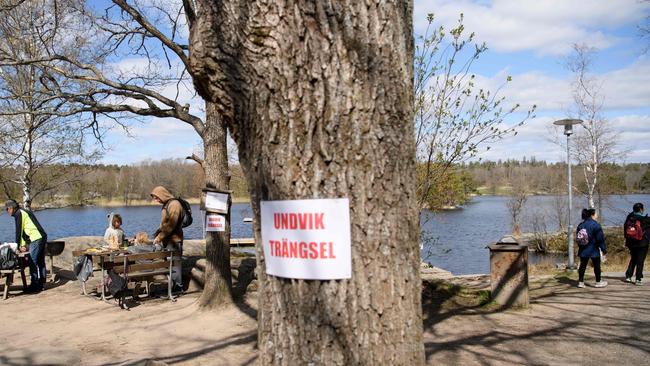
There is, in his view, little chance of a vaccine in the short term. “Even the most optimistic people seem to say that if we have a vaccine available in the next 18 months we are going to be very lucky.” So the lockdown strategy, he says, will prove unsustainable. “To keep schools closed until we have a vaccine in place, I would say that will not be possible because then you are going to see a big damage to a cohort of children in your country.” And as the elderly and vulnerable often respond less well to vaccines, “we don’t even know if it’s going to work for the people we need to protect”.
That means countries around the world are gradually going to have to open up and allow their populations to develop a herd immunity, he suggests. “I think that is the only thing that is going to slow this down when we have a considerable proportion of the population in most countries who are immune to the disease, because these diseases are not stopped by anything else really if you don’t have a vaccine.”
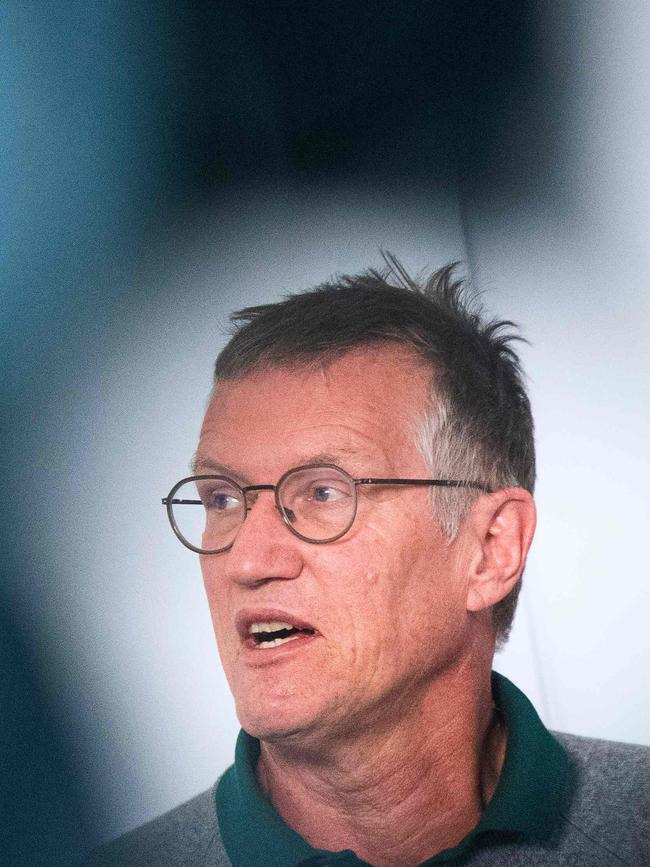
A growing number of Tory MPs are arguing that the cure is in danger of becoming worse than the disease and that Britain should copy Sweden.
“It’s difficult because we are not at the end of this yet to make any real conclusions right now about who has done the right thing and who has done the wrong thing,” Tegnell says, diplomatically. “I’m not sure that different strategies in the end will have a huge difference on the health; it might have a huge difference on the economy. It might be that, whatever we do, we can postpone the effects of [the disease], but we cannot avoid them. So whenever you have to stop these drastic measures you need to go into something that’s going to look more like the Swedish model.”
So far, Swedes seem on board with their government’s approach. “With the exception of the mortality in elderly homes, which is really troubling, people are quite happy. More than 70 per cent of the population have a very high or a high level of trust in the public health agency, and about 90 per cent feels they have good information.”
Tegnell does not always believe Sweden is best – he prefers the Beatles to Abba and beaches to fjords – but he appears quietly confident that Sweden will be proved right over its coronavirus strategy. When we ask whether Sweden might exit from this pandemic first, he says, “That sounds like a nice future,” and that this week his team discussed how soon they could “encourage people to come here and have holidays”.
The Times

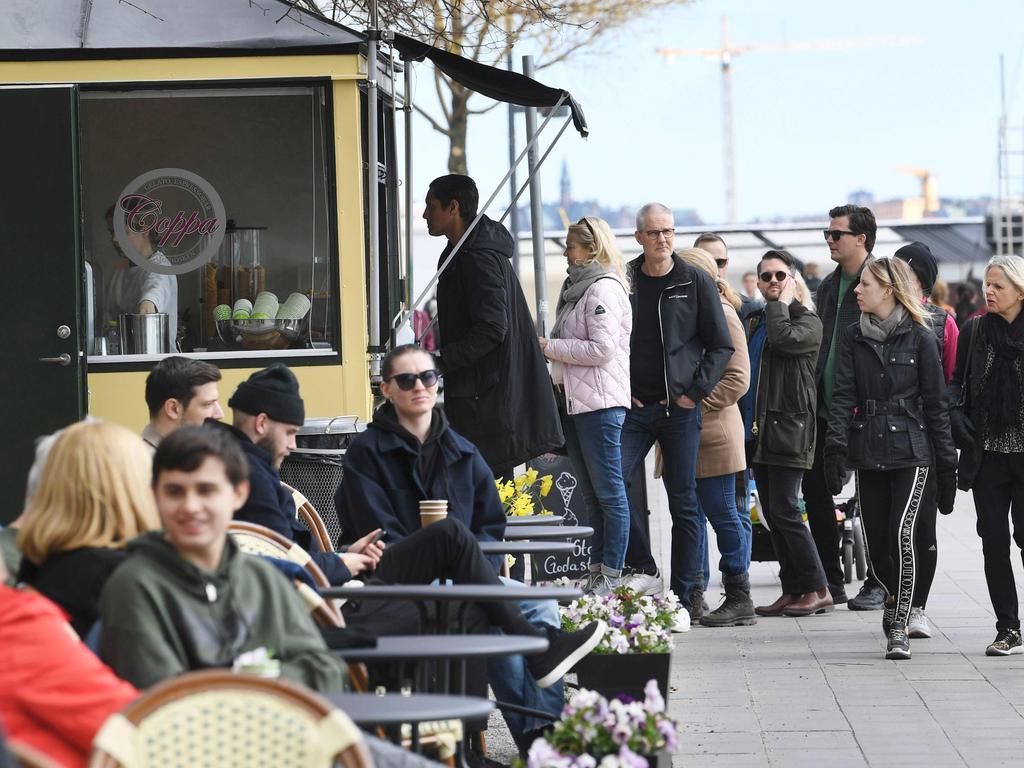

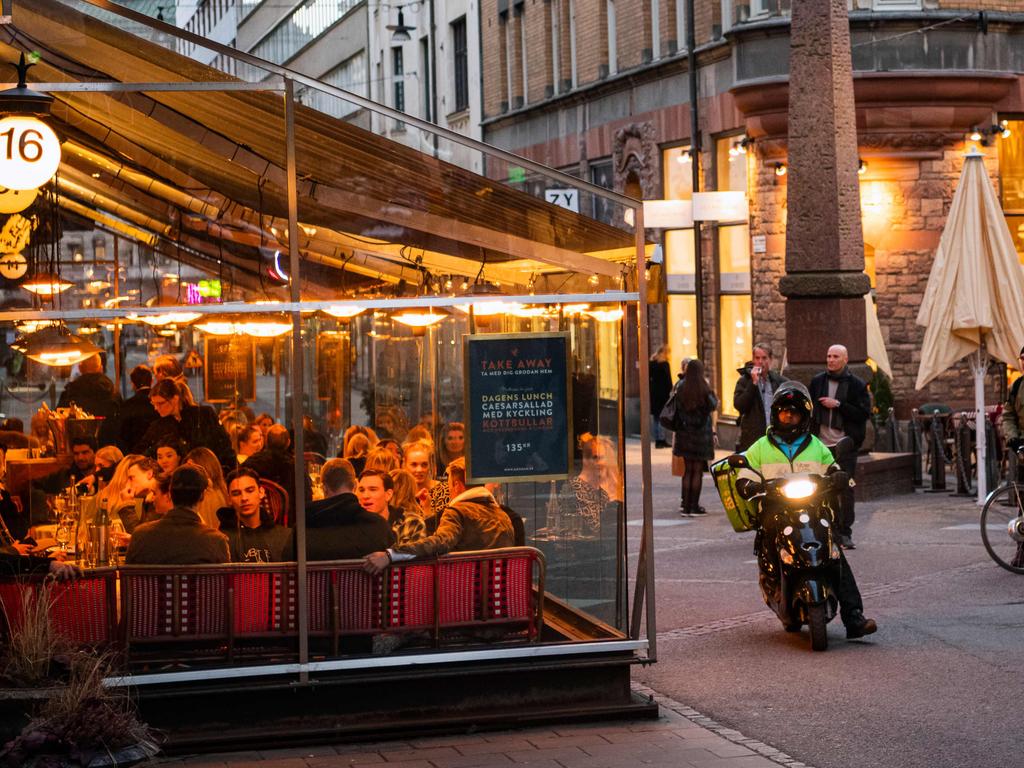


To join the conversation, please log in. Don't have an account? Register
Join the conversation, you are commenting as Logout